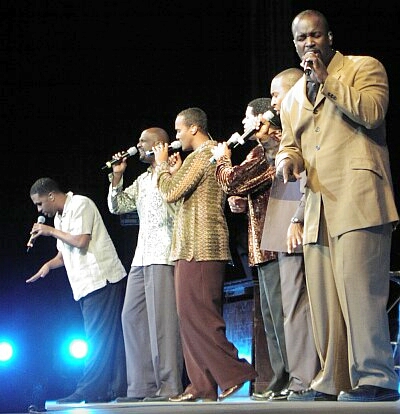result is a larger
Music in your head
 Before modern neuroimaging techniques were developed, researchers studied the musical abilities of the brain, observing patients (including famous composers) with various disruptions in their activity due to injury or stroke. So, in 1933, the French composer Maurice Ravel developed symptoms of local brain degeneration, a disease that is accompanied by atrophy of certain sections of brain tissue. The composer’s mental abilities did not suffer: he remembered his old works and played scales well. But he could no longer compose music. Speaking about his alleged opera “Joan of Arc”, Ravel confessed: “Opera is in my head, I hear it, but I will never write it. It’s over. I am no longer able to compose music.” He died four years after an unsuccessful neurosurgical operation. The history of his illness gave rise to the idea among scientists that the brain is devoid of a specialized music center. Continue reading
Before modern neuroimaging techniques were developed, researchers studied the musical abilities of the brain, observing patients (including famous composers) with various disruptions in their activity due to injury or stroke. So, in 1933, the French composer Maurice Ravel developed symptoms of local brain degeneration, a disease that is accompanied by atrophy of certain sections of brain tissue. The composer’s mental abilities did not suffer: he remembered his old works and played scales well. But he could no longer compose music. Speaking about his alleged opera “Joan of Arc”, Ravel confessed: “Opera is in my head, I hear it, but I will never write it. It’s over. I am no longer able to compose music.” He died four years after an unsuccessful neurosurgical operation. The history of his illness gave rise to the idea among scientists that the brain is devoid of a specialized music center. Continue reading



